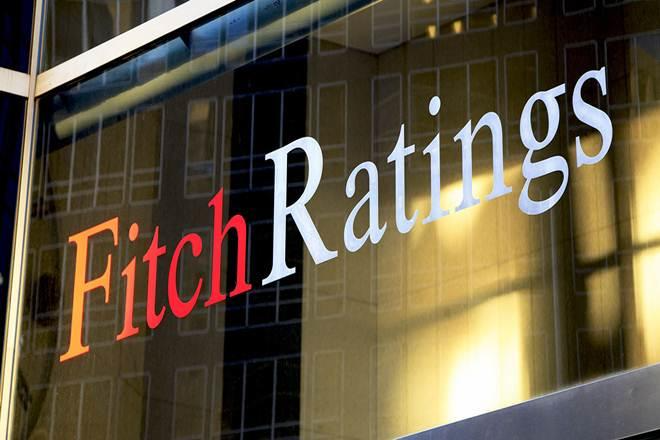Only two banks have so far been able to meet the new capital requirements prescribed by the Central Bank of Nigeria (CBN), with most of the other banks still in need of huge capital injections, international rating agency, Fitch Ratings, has said in its latest report.
According to Fitch, while many of the banks are still in the process of raising capital, only Access Holdings and Zenith Bank have met and exceeded the new minimum capital base of N500 billion ahead of the March 31, 2026 deadline.
While Ecobank Nigeria and Jaiz Bank are quite close to the finish line, Fitch pointed out that Fidelity Bank and First City Monument Bank still have a long way to go to meet the required capital for their International Banking license.
As Fidelity and FCMB have concluded initial capital raising, Fitch said they “will need to raise more to maintain their international licences. As second-tier banks, they must raise significantly more capital relative to their balance sheets than larger banks. They have extraordinary general meeting approval for this, although they could consider downgrading to a national licence as they each have just one foreign subsidiary.
“Ecobank Nigeria Limited and Jaiz Bank needed only small capital injections to meet their requirements and have already achieved compliance. We estimate that Ecobank is still in breach of its total capital adequacy ratio (CAR) requirement of 10 per cent but it has further capital-raising plans to restore compliance. Stanbic IBTC Holdings has launched a rights issue to raise capital to maintain its national licence
“Union Bank of Nigeria (UBN), which is also in breach of its 10 per cent CAR requirement, and third-tier banks have generally been slower to raise capital. Wema Bank has shareholder approval to raise enough capital to retain its national licence and plans to launch the process in April.
“Coronation Merchant Bank recently received board approval. It is not clear whether UBN and unrated third-tier banks have received the necessary approvals. M&A activity and licence downgrades remain more likely among third-tier banks.”
The rating agency noted that most of the banks are making significant progress in raising core capital to meet new paid-in capital requirements and are generally on track to meet the deadline, adding that “this is supporting a recovery in capitalisation from the impact of naira devaluation, providing fuel for business growth.
It also reduces the likelihood of significant banking sector consolidation.
“Fitch-rated banks have made notable progress towards compliance. Almost all have raised capital or formally launched the process to do so. Strong investor appetite has ensured that the vast majority of capital raisings so far have been successful, and most first- and second-tier banks should be able to meet their new capital requirements through capital raisings alone. Therefore, we believe the likelihood of banking sector consolidation among first- and second-tier banks has decreased.”
The rating agency also noted that the capital raisings are contributing to a recovery in capitalisation from the impact of naira devaluation, which put pressure on capital ratios and increased dollar credit concentration risks. “Strengthened buffers over minimum CAR requirements will mitigate risks from a challenging operating environment, including regulatory intervention and further naira volatility, while providing room for business growth.”





